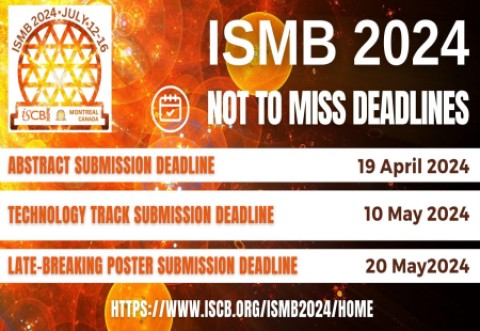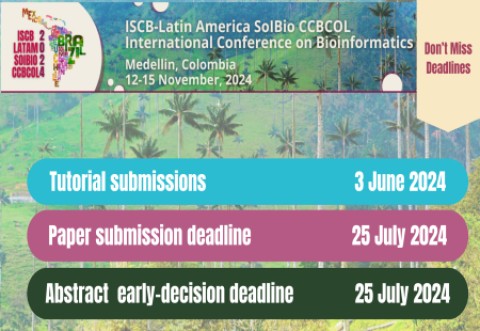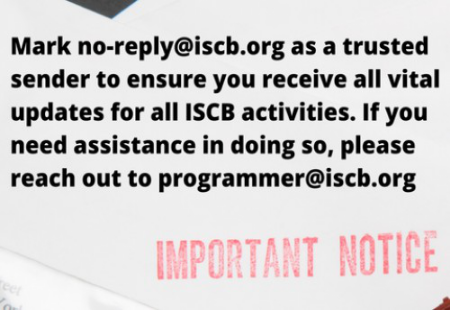
FASEB News - November 22, 2010
Contact: Cody Mooneyhan
This email address is being protected from spambots. You need JavaScript enabled to view it.
301-634-7104
Federation of American Societies for Experimental Biology
NEW SLEEP CYCLE DISCOVERY EXPLAINS WHY FATTY DIETS DURING PREGNANCY MAKE KIDS OBESE
New research in the FASEB Journal suggests that a fetal liver gene called Npas2 is a key regulator of the circadian system with a significant metabolic response as a result of a mother's high-fat diet
The link between sleeping and obesity is drawn tighter as a new research published online in the FASEB Journal (www.fasebj.org/content/early/2010/11/19/fj.10-172080.abstract) study shows that what your mother ate when she was pregnant may make you obese or overweight by altering the function of genes (epigenetic changes) that regulate circadian rhythm. In the report, pregnant primate females consuming a high-fat diet altered the function of fetal genes that regulate circadian rhythm (including appetite and food intake) during development. The offspring also had non-alcoholic fatty liver disease.
"It is our hope that our studies will continue to guide research aimed at understanding the pivotal role that maternal health plays in guiding the health of the next generation," said Kjersti Aagaard-Tillery, M.D., Ph.D., a researcher involved in the work from the Department of Obstetrics and Gynecology at Baylor College of Medicine in Houston. "We are enthusiastic that our research will give hope that even small changes, such as improving one's diet in pregnancy and during breastfeeding, will translate into a lower chance for obesity in our next generation."
To make this discovery, Aagaard-Tillery and colleagues studied three groups of Japanese macaque primates. One group was fed a 12 percent fat diet (the control group). The second group was fed a 35 percent fat or high-fat diet and the third group was fed the high-fat diet for up to five years and then switched back to the control diet. Each group maintained their specific diet prior to conception and throughout pregnancy. Offspring from the high-fat group developed non-alcoholic fatty liver disease; experienced changes in histones (the core set of proteins which DNA wrap around), and had altered metabolic profiles and circadian rhythms. Results also showed that the genes in the fetal liver, which are responsible for orchestrating circadian rhythms with appetite and food intake, are altered in offspring from the mothers on the high-fat diet. Specifically, one of these genes, called Npas2, is a key regulator of the circadian system and is itself regulated by changes in the fetal histone code. Scientists found that improving the diet, either for the pregnant or breastfeeding mother, or for the infant after birth, helps to partially restore the circadian machinery back to normal, possibly lessening the risk of childhood diseases related to obesity.
"We've recently published a number of studies in the FASEB Journal showing that what a mother eats affects the weight of her children for their entire lives," said Gerald Weissmann, M.D., Editor-in-Chief of the FASEB Journal. "Now, we know why, and what a wake-up call for pregnant women! The mother's diet during pregnancy affects their children's sleep machinery via genetic machinery that controls the sleep cycle. Children are literally forced to sleep in the proverbial bed their mothers have made."
###
Receive monthly highlights from The FASEB Journal by e-mail. Sign up at www.faseb.org/fjupdate.aspx. The FASEB Journal (http://www.fasebj.org) is published by the Federation of the American Societies for Experimental Biology (FASEB). The journal has been recognized by the Special Libraries Association as one of the top 100 most influential biomedical journals of the past century and is the most cited biology journal worldwide according to the Institute for Scientific Information.
FASEB comprises 23 societies with more than 100,000 members, making it the largest coalition of biomedical research associations in the United States. FASEB enhances the ability of scientists and engineers to improve—through their research—the health, well-being and productivity of all people. FASEB's mission is to advance health and welfare by promoting progress and education in biological and biomedical sciences through service to our member societies and collaborative advocacy.
Details: Prashanth Ak and Arnold J. Levine. p53 and NF-kappaB: different strategies for responding to stress lead to a functional antagonism FASEB J. 2010 24: 3643-3652. DOI: 10.1096/fj.10-160549 ; www.fasebj.org/cgi/content/abstract/24/10/3643






























